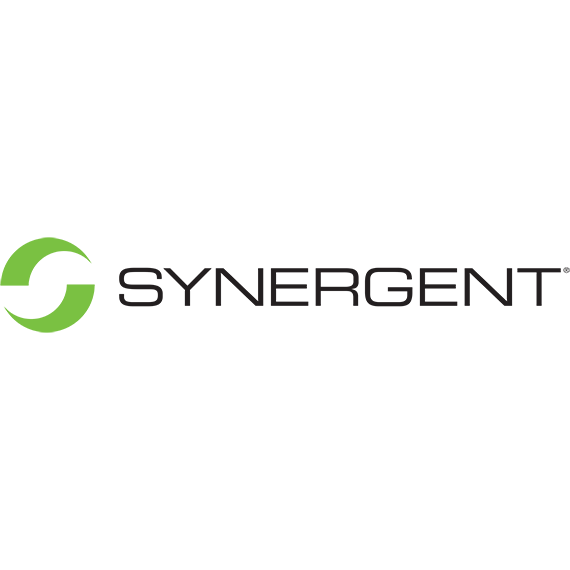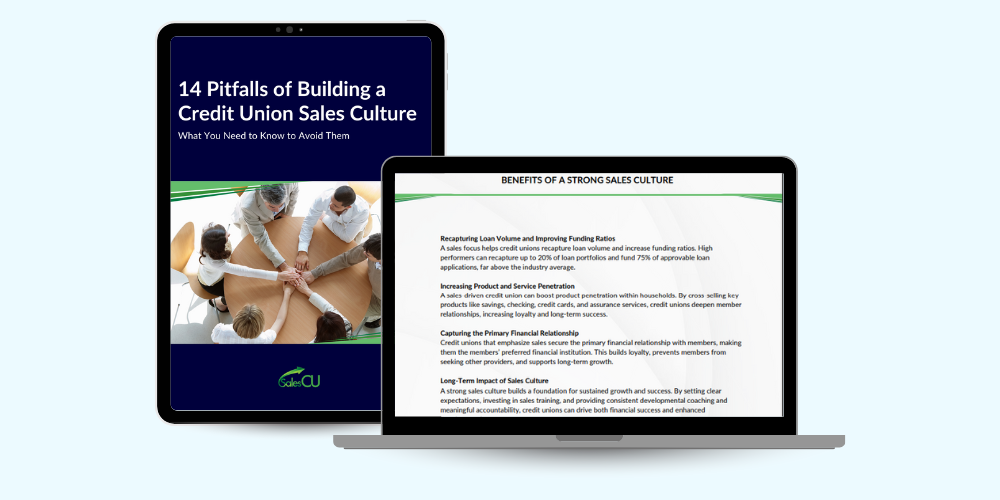The concept of work-life balance has been talked about for years and received renewed focus in the wake of the pandemic. But if you ask me, we’re getting it wrong. Balance itself is an either/or proposition, and promoting the notion of work-life balance does not enhance engagement with our people—it diminishes it. What if there were a better way? Allow me to introduce you to work-life harmony.
Work-life balance is like a teeter-totter. Think back to when you were a kid and your “friend” thought it would be funny to jump off the teeter-totter when you were at the top. What happened? You dropped like a rock, and if you were lucky, you only came away embarrassed and with a bruised ego. This is what it’s like for our people when we focus on work-life balance instead of harmony. When they are out of balance, things crash hard and quickly.
We care about our people and want the best for them, and when we focus on work-life balance our intentions are good. We don’t want our people to be overworked; we want them to have time for their families, their friends, and themselves. But with a focus on work-life balance, you can only be one or the other: working or not working. I don’t know about you, but my life—and I’ll bet most of yours—is not that simple.
Imagine 100 guitars all playing the same song. Is that harmony? It may be unison, but is it harmony? I would argue this is similar to balance. They either are playing in unison, or they aren’t. And if they aren’t, you will notice it instantly. Much like the teeter-totter, if the guitars aren’t playing in unison, things crash hard and quickly.
Now think about the last time you sang Happy Birthday. Happy Birthday is about harmony. We don’t have to be the best singer, or even a very good one. Regardless, our voices come together, and aside from embarrassing our friends and family by singing to them in a crowded restaurant, the results are usually pretty good.
Harmony is a symphony orchestra—a group of individual, diverse, and unique instruments being played together to create a beautiful piece of music. Harmony is the way people in our credit unions work together to serve our members, with each individual playing a role in creating a perfect member experience. Work-life harmony occurs when the individual pieces of our lives—our jobs, our families, our friends, ourselves—all blend together to create a full and satisfying life.
By now, you may be thinking, “Alright, that sounds good, Randy, but come on. You can’t create work-life harmony for everyone. Tellers, for example, just want balance. They’re either at work, or they’re not. At the end of the day, they want to balance their drawer and go home.”
The truth is everyone can experience work-life harmony—it’s simply different for different people, just like taste in music. What brings harmony to my life might not be work-life harmony for a teller. Harmony isn’t about working or not working, and it’s not about working more or working less. Harmony is about working better and working in alignment with your purpose. And hey, we all have a head start on that, right? We all work for credit unions, which makes aligning with your work purpose pretty simple.
Alright, are you ready to harmonize your tellers’ lives in just three words?
Uberize teller scheduling.
What if you had a pool of tellers, and they could sign up for shifts (or simply make themselves available for shifts) at multiple branches? What if they could also request time off for their daughter’s school play by letting another teller in the pool take (or trade) part of their schedule? What if they could automatically earn more for working peak shifts? Scheduling could be set up in a way that would allow tellers to harmonize work and the other parts of their lives.
Building work-life harmony into your credit union’s culture with intentionality is the secret sauce to creating better employee engagement. When people’s lives are in harmony with their work, they are more creative and care more about everything. They are happier with where they work and what they do.
Better employee engagement also leads to improved community engagement. When people’s lives are in harmony, they want to be involved in what we do to better our communities. Provide them with a wide variety of community involvement opportunities, and reward them for engaging with their communities in ways you hadn’t thought of. This type of harmony with our people and our communities is essential for credit unions to fulfill their purpose.
So how do we create harmony for our people?
First and foremost, talk with them. Listen to them. Find out what’s important to them and see if your credit union enables them to follow their purpose or discourages them (even unintentionally). Help them align their purpose with the purpose of our credit unions.
One of the most important things we can do to help our people find work-life harmony is to recognize that discord may not be coming from the office. We should listen to everything our people have going on and give them permission to stop doing things. What is harmonious today might not be harmonious tomorrow. This is a journey, not a destination.
I’ve experienced this work-life discord myself. In no particular order, in the Spring of 2022, I was:
- Finishing my MBA
- Participating in Filene’s i3
- Serving as Vice Chair on CUNA’s (ACU’s) Technology Council Executive Committee
- Growing my career
- Spending time with my family
- Getting ready for our daughter’s high school graduation
Something had to give to harmonize my work pursuits and my personal life. For me, it was my MBA, and I took a semester off. Giving myself permission to stop doing something restored my work-life harmony.
When we think only of work-life balance, people whose lives are not perfectly balanced may feel like they’ve failed. It’s either/or. Pass/fail. Balance perfectly or crash hard and quickly.
But when we focus on work-life harmony, our professional lives and our personal lives blend in ways that will improve happiness and mental well-being. People who can achieve work-life harmony will approach their jobs with satisfaction and a sense of accomplishment instead of failure. For credit unions, creating a culture of work-life harmony leads to increased enjoyment of work and enhanced employee engagement. This, in turn, enables our people to better serve their members and communities, allowing them to enthusiastically carry out our credit union purpose of people helping people.








